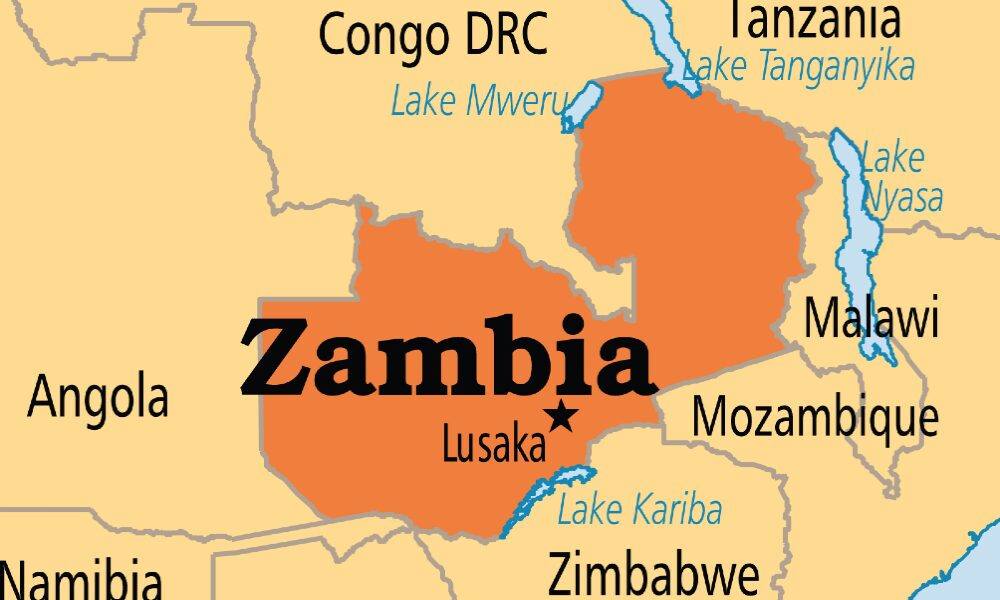
Tuesday 13th May 2025

By inAfrika Reporter
The 19th edition of the Islamic Development Bank Global Forum on Islamic Finance convened thought leaders, policymakers, and industry experts to explore how digital innovation can deepen financial inclusion across member countries. This year’s gathering drew delegates to Algiers at a pivotal moment when the global financial landscape is rapidly evolving. The forum’s emphasis on “Digital Transformation and Financial Inclusion in Islamic Finance” underscored the belief that accessible, technology‑driven solutions are essential to meet the needs of unbanked populations and to foster sustainable growth.
From the outset, speakers highlighted the power of digital platforms to bridge longstanding gaps. Dr. Muhammad Al Jasser, Chairman of the Islamic Development Bank Group, reflected on the institution’s journey toward embracing fintech, noting that digital services can dramatically cut transaction costs and expand outreach to remote communities. His remarks resonated with many in the audience, as governments and financial institutions worldwide wrestle with legacy infrastructure that often excludes low‑income clients. The forum emphasized that Islamic finance, built on principles of equity and social justice, is uniquely positioned to lead these efforts by offering Sharia‑compliant digital products that resonate with a broad base of users.
A recurring theme was the potential of postal networks to serve as gateways for financial services. Postal services already reach every corner of many member countries, and panelists discussed how integrating digital Islamic finance tools into postal outlets could transform them into micro‑branches. This model promises to deliver savings, payment, and microcredit services in areas where conventional bank branches are scarce. Delegates agreed that partnerships between postal operators and fintech firms could accelerate the rollout of secure, user‑friendly applications, bringing millions of previously unbanked individuals into the financial system.
Beyond infrastructure, speakers stressed the need for robust regulatory frameworks that both protect consumers and encourage innovation. The forum’s discussions examined successful case studies where regulators adopted “regulatory sandboxes” to pilot new digital products under close supervision. These controlled environments have allowed fintech startups to experiment with blockchain‑based payment platforms and peer‑to‑peer lending networks without exposing users to undue risk. Insights shared at the forum underscored that clear guidelines, combined with an openness to iterative testing, can cultivate a safer and more dynamic Islamic finance ecosystem.
Sustainable development also featured prominently on the agenda. Panelists explored how digital tools can be leveraged to finance green energy projects, microenterprises, and social housing schemes. By employing digital underwriting methods and data analytics, Islamic financial institutions can better assess creditworthiness and tailor funding solutions to small businesses and local entrepreneurs. The promise of aligning financial inclusion with environmental goals drew applause, as attendees recognized that technology‑enabled financing can drive both economic empowerment and ecological stewardship.
The forum culminated with the unveiling of two landmark reports. One examined the state of Islamic finance in Central Asia, offering detailed analyses of market opportunities and regulatory landscapes across the region. The other presented an “Islamic Microfinance Toolkit,” a practical guide designed to help institutions launch Sharia‑compliant microloan programs, complete with digital templates and risk‑management protocols. These publications reflect the forum’s commitment to translating discussion into concrete outcomes, equipping practitioners with the tools to implement best practices long after the event concludes.
As delegates departed Algiers, there was a palpable sense of momentum. Many agreed that the path forward involves forging stronger alliances between development banks, central banks, fintech innovators, and postal services. By pooling expertise and sharing data‑driven insights, stakeholders can build inclusive digital platforms that honor the ethical foundations of Islamic finance. In a world where financial exclusion remains a barrier to prosperity for millions, the 19th Islamic Development Bank Global Forum made it clear that digital inclusion is not only attainable but essential for sustainable, faith‑based economic development.


